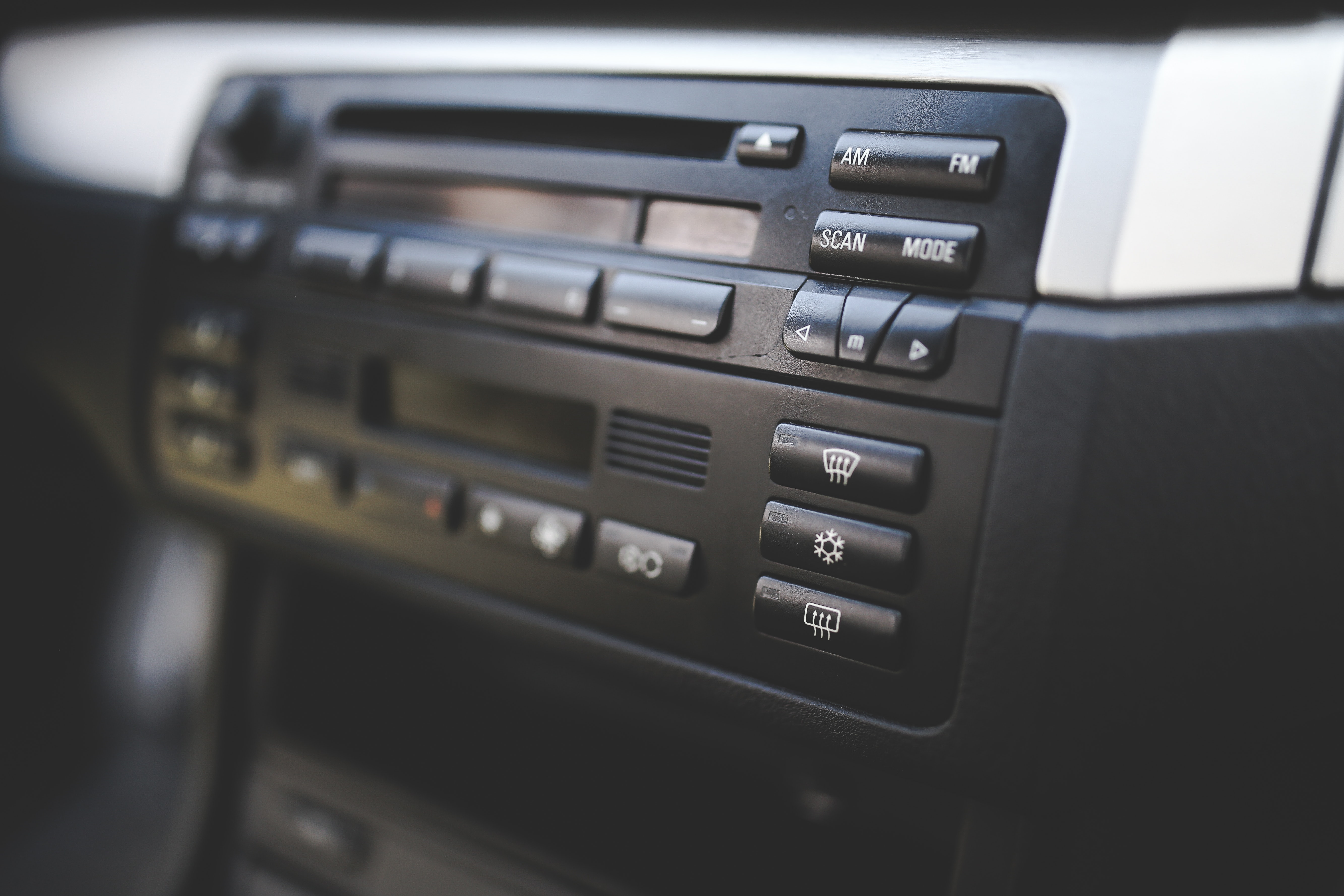[This blog post is written by BizLab Fellow Wendi Ding, sharing the discoveries from her Summer 2018 experiment.]
Whether it’s an interview on-air, a news story that caught someone’s eye on our website, an episode of a podcast with critical thinking, or a post on social media, public radio is no longer just a voice people listen to during drive time on the car radio. Every touch WBUR has with our audience contributes to our audience’s experience, and impacts how they relate to our station.
Through previous BizLab research, we know that our listeners discover us through multiple scenarios and have kept listening to us for different reasons. Some people formed the habit of listening to WBUR when they were a child in the backseats of cars when their parents tuned into WBUR (or another local NPR station) during family drives. Other people started listening to WBUR while taking a college course, as part of a course assignment. Others found WBUR through a colleague’s or friend’s recommendation. In some cases, people moved to Boston and transferred their listening from another city’s NPR station to WBUR. And others did not have an affinity for public radio at all, but were seeking quality journalism and captivating programs, and found WBUR by surfing the radio dial or browsing podcast recommendations, and became a loyal listener because of the quality content WBUR produces.
Our survey and metrics show that our audience is consuming our content on multiple platforms. Between our live stream, podcasts, and on-demand programs, people who used to listen by physical radios are migrating to digital platforms, leveraging the meaning of “experience” for public radio: people interact with our station across platforms and medium.
Behind all of these many paths that lead people to WBUR, and the many forms of engagement with WBUR, we want to know if there are fundamentally different motivations amongst our listeners in why they listen, and donate, to WBUR. Does WBUR meet people’s needs in different ways? What makes them loyal to WBUR and consider themselves as a part of WBUR community? And given all this, what is the most effective way to drive them towards an altruism moment, where they donate to WBUR?
My Bizlab project “the Persona Experiment” is dedicated to answering the questions above. In my next post, I will introduce how we designed and set up an experiment to answer these questions.
